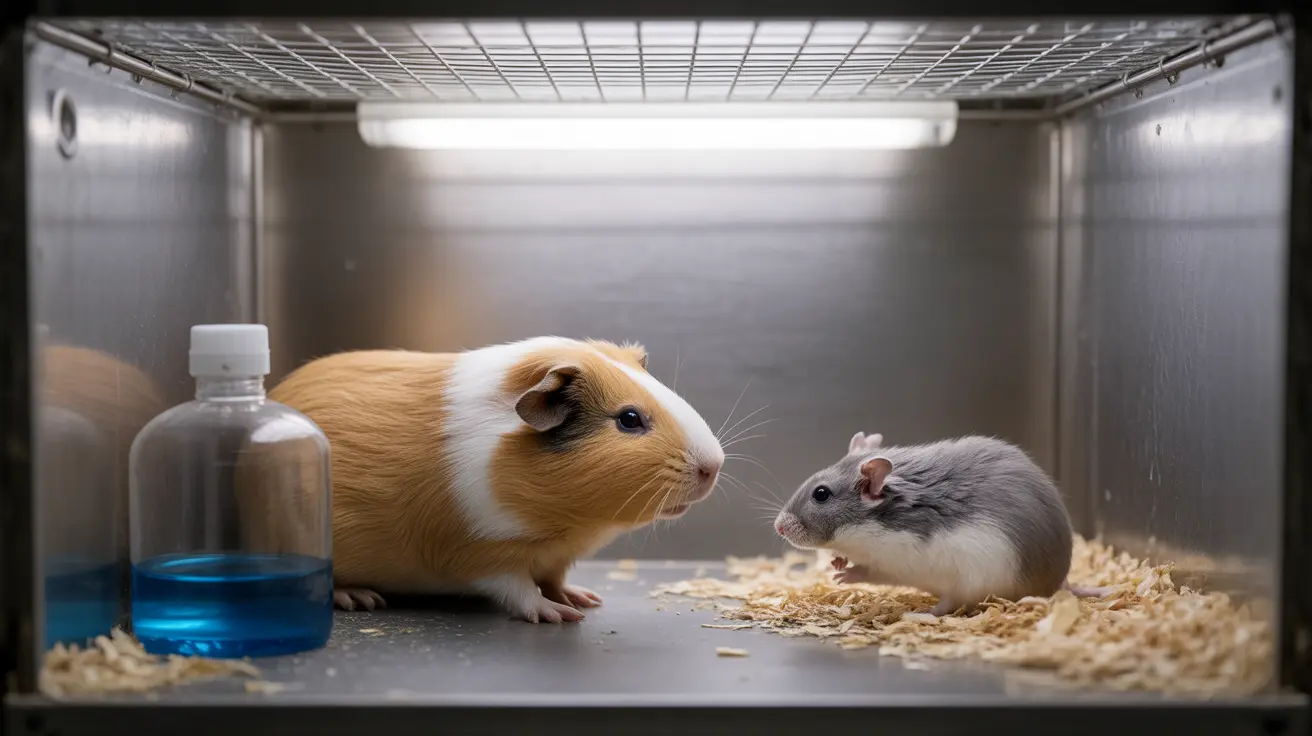Animal welfare advocates and university oversight committees are raising alarms following reports of significant animal welfare violations at Utah State University (USU). The incidents involved improper treatment of laboratory animals, highlighting critical gaps in research protocols and animal care standards.
The violations centered around the excessive irradiation of 22 guinea pigs and 53 hamsters beyond federally approved levels, compounded by failures to provide adequate pain medication following surgical procedures. These incidents represent serious breaches of federal protocols and established standards for humane animal care in research settings.
Understanding Laboratory Animal Protection Standards
Research institutions must adhere to strict federal guidelines when conducting animal-based studies. These protocols exist to ensure ethical treatment of research animals while maintaining scientific integrity. The Institutional Animal Care and Use Committee (IACUC) plays a crucial role in overseeing these standards at universities.
IACUC Role in Universities
- Reviewing and approving animal research protocols
- Regular inspection of research facilities
- Monitoring compliance with federal regulations
- Responding to animal welfare concerns
- Ensuring proper training of research personnel
Ethics of Animal Testing in Education
The recent incidents have sparked renewed discussion about the ethics of animal testing in educational settings. While animal research has historically contributed to scientific advancement, modern approaches increasingly emphasize the importance of exploring alternatives to live animal experiments where possible.
Alternatives to Live Animal Experiments
- Computer simulations
- In vitro studies
- Advanced modeling techniques
- Virtual reality training systems
Federal Oversight and Consequences
The violations at USU have triggered significant regulatory response. Under the Animal Welfare Act, institutions can face substantial penalties for non-compliance, with fines potentially reaching $13,000 per incident per animal.
University Response to Animal Research Misconduct
- Suspension of specific research projects
- Disconnection of research equipment
- Enhanced supervision of researchers
- Mandatory ethics training
- Cooperation with federal investigators
Frequently Asked Questions
What animal welfare violations occurred at Utah State University?
USU was found to have irradiated 22 guinea pigs and 53 hamsters beyond federally approved levels and failed to provide required pain medication after surgery, violating federal protocols and humane care standards.
How does USU regulate animal research?
The university maintains an Institutional Animal Care and Use Committee (IACUC) that reviews all animal research protocols, inspects facilities, and ensures compliance with federal laws and AAALAC accreditation standards.
What consequences might USU face for these violations?
The university could face fines up to $13,000 per incident per animal under the Animal Welfare Act, potentially totaling up to $1 million in penalties, along with possible suspension of research funding and damage to institutional reputation.
Moving Forward
These incidents serve as a crucial reminder of the importance of maintaining stringent animal welfare standards in research settings. While scientific research remains vital for advancement, it must be conducted with unwavering commitment to ethical treatment and proper oversight of laboratory animals.
As the academic community continues to evolve, the focus must remain on balancing scientific progress with responsible and humane treatment of research animals. This includes ongoing evaluation of protocols, implementation of alternative methods where possible, and maintaining transparent oversight processes.






